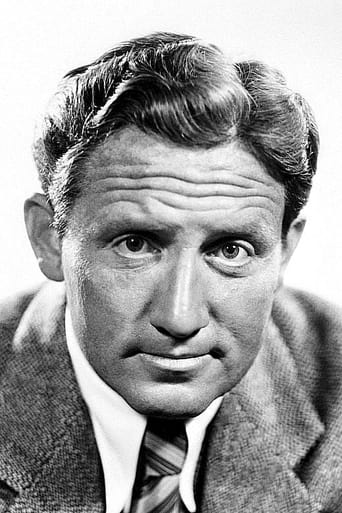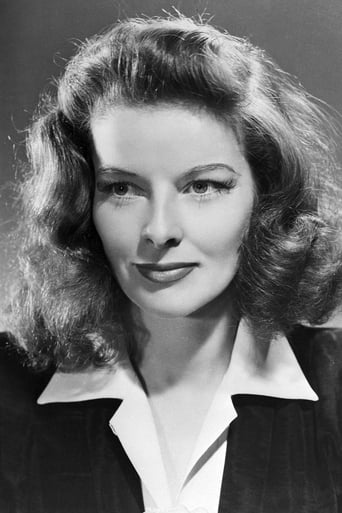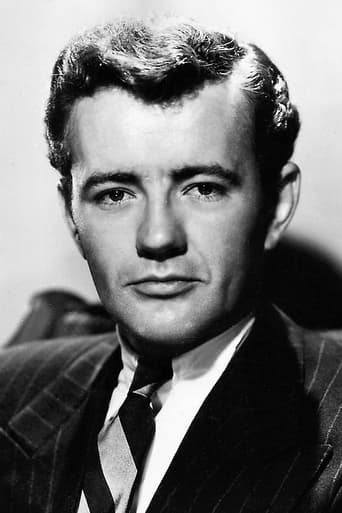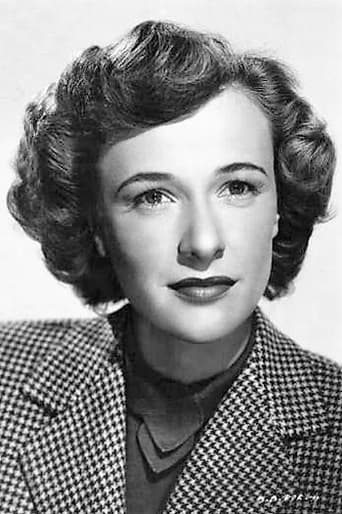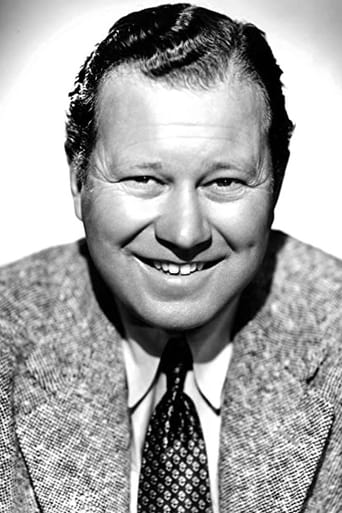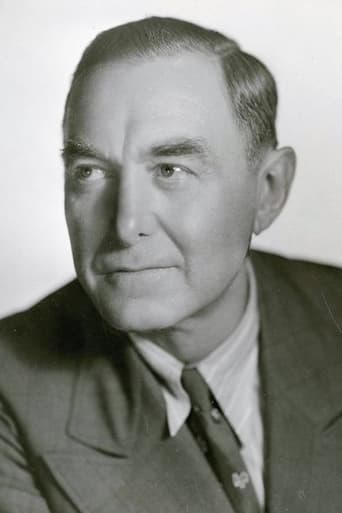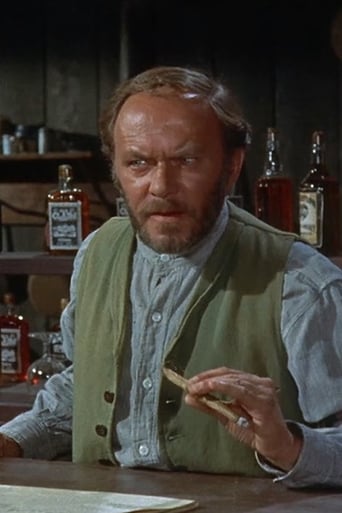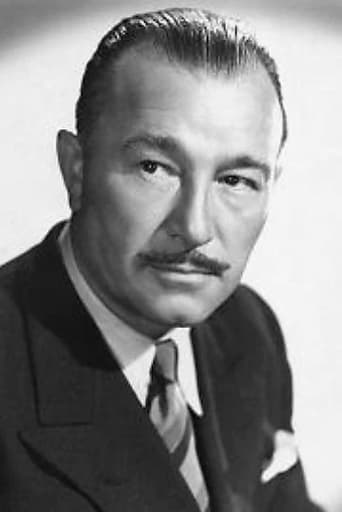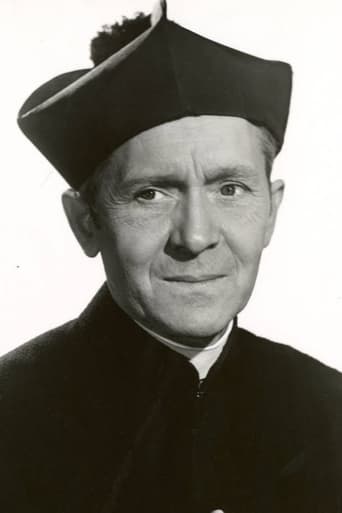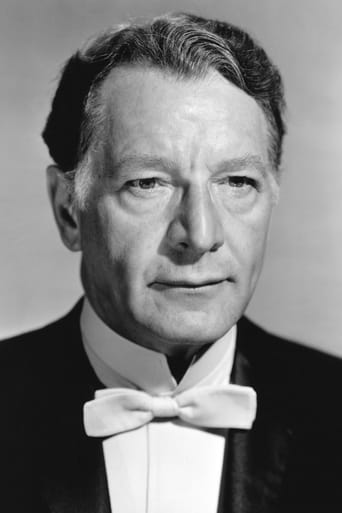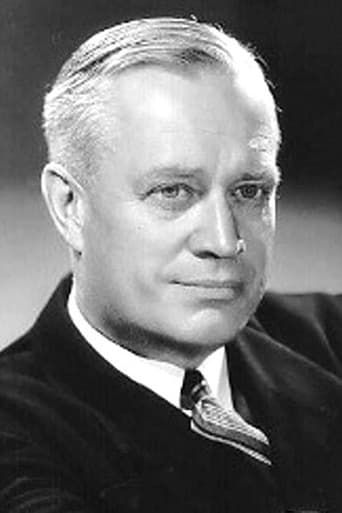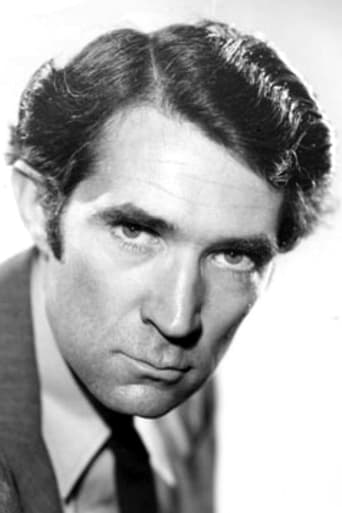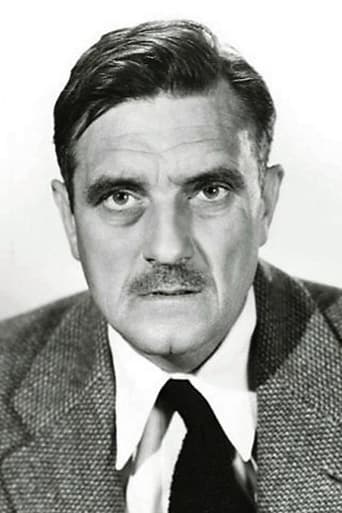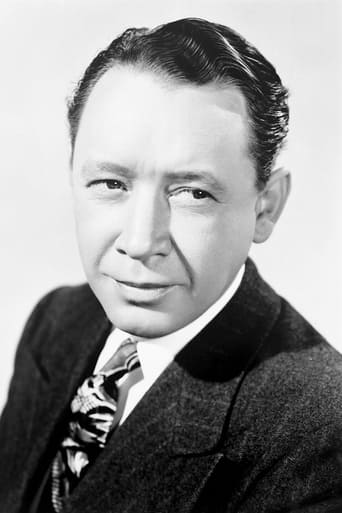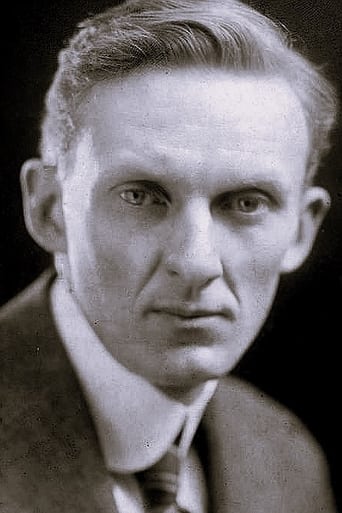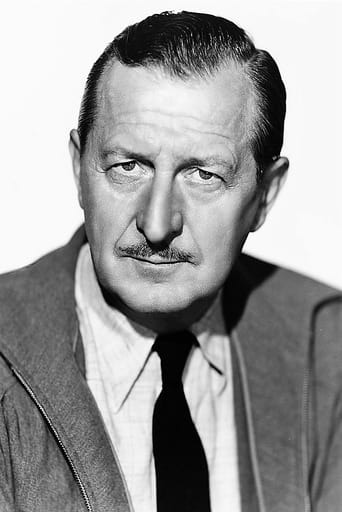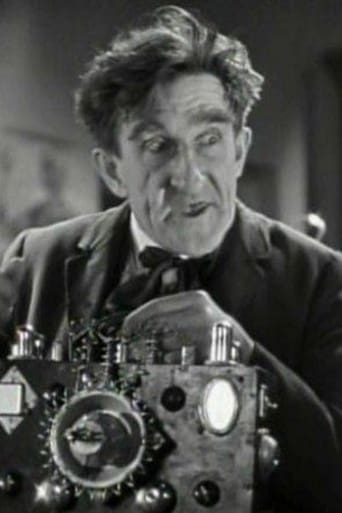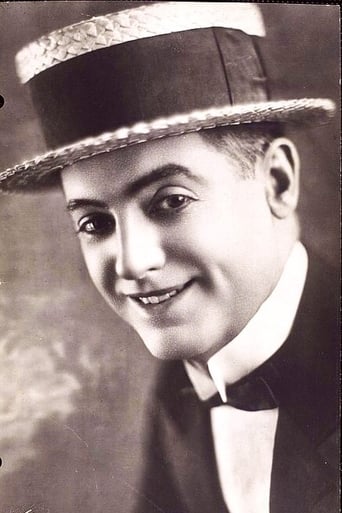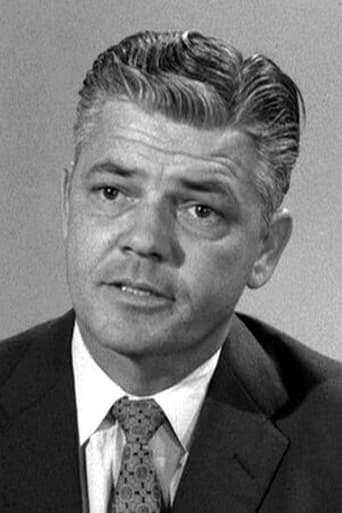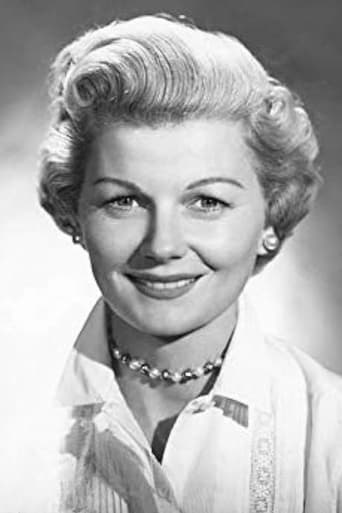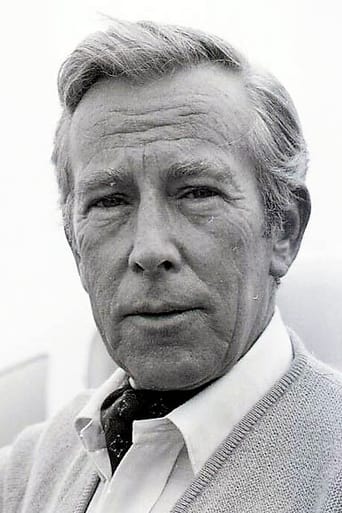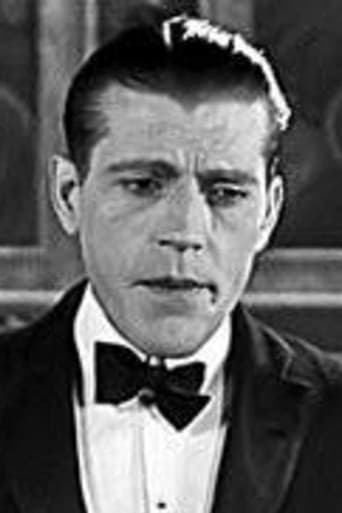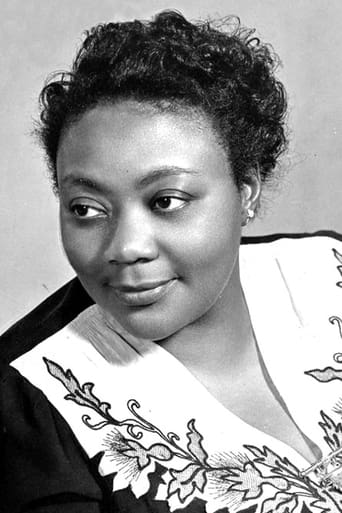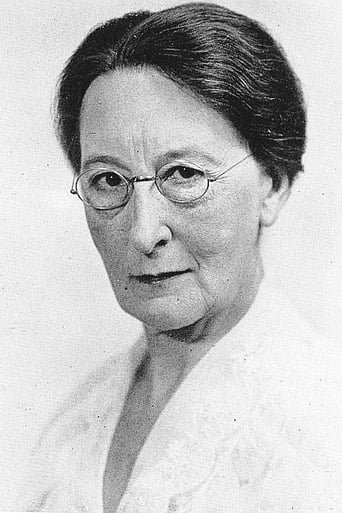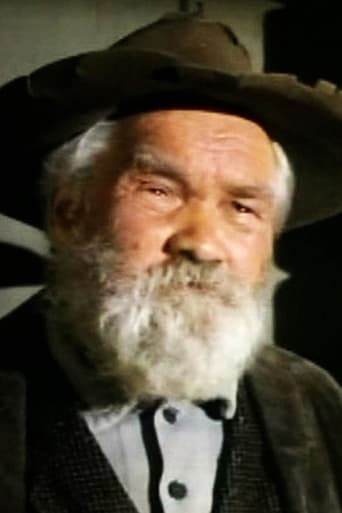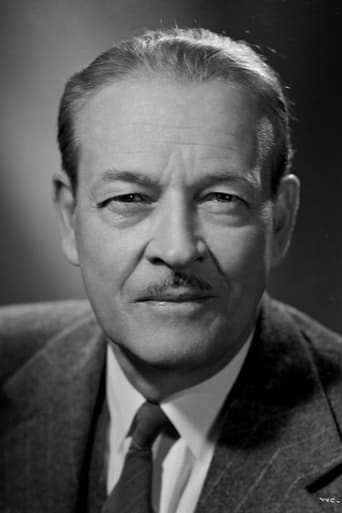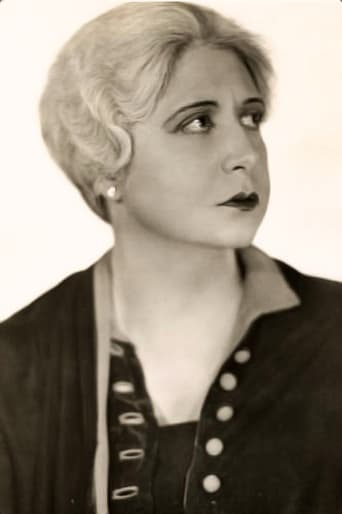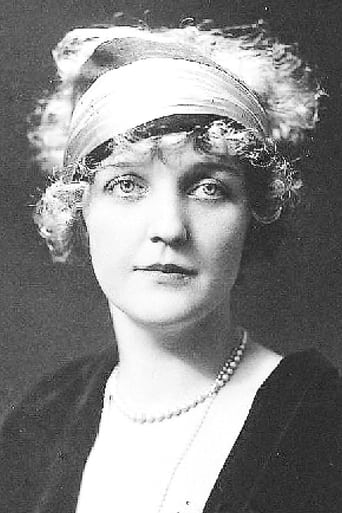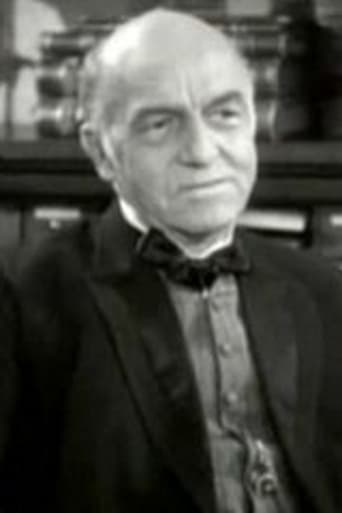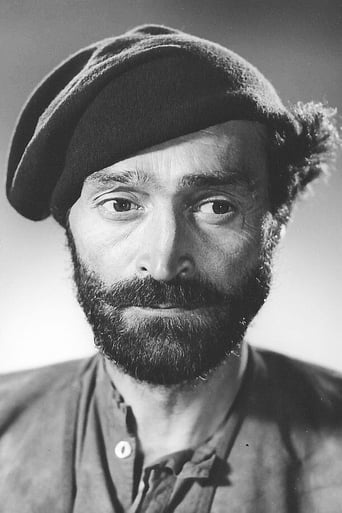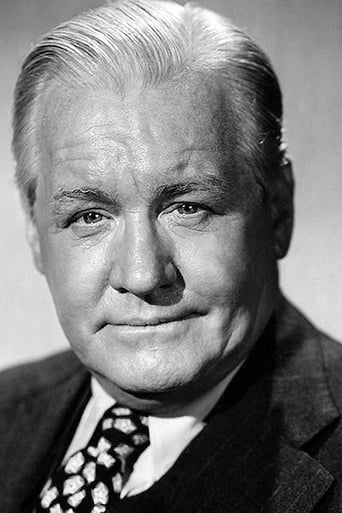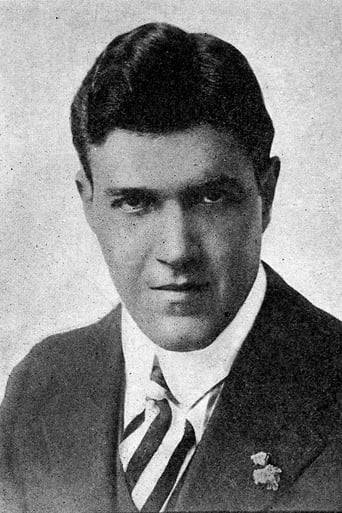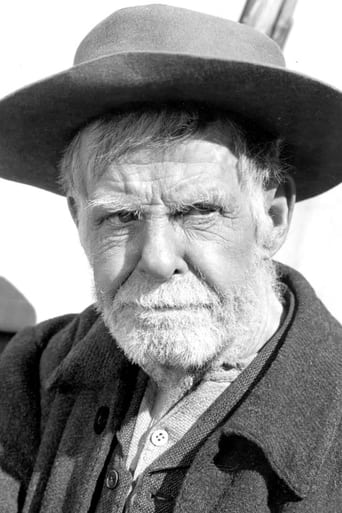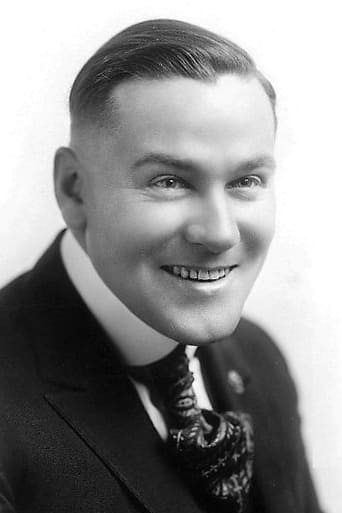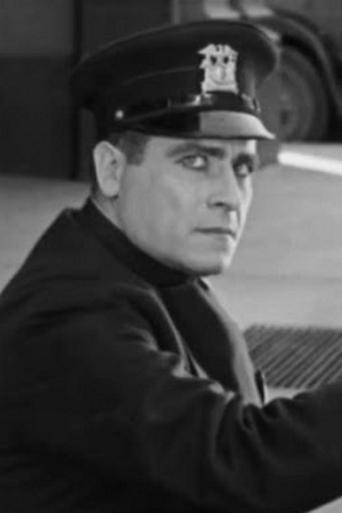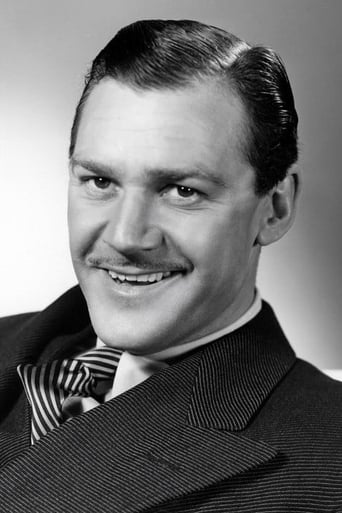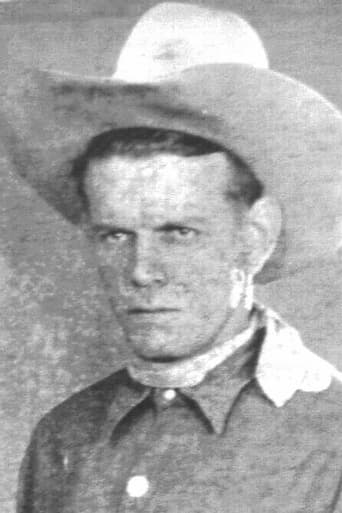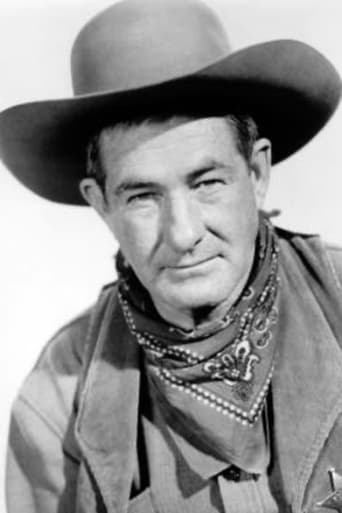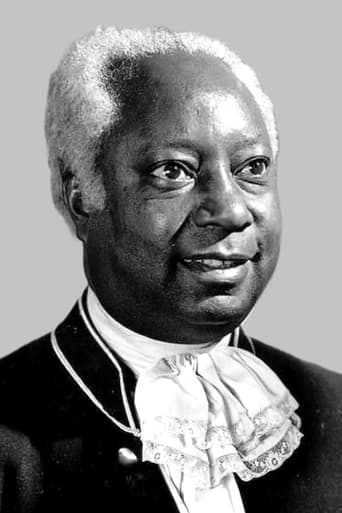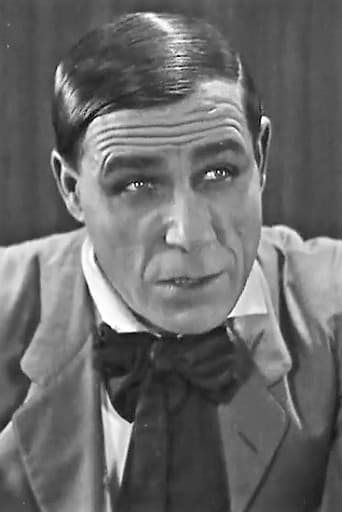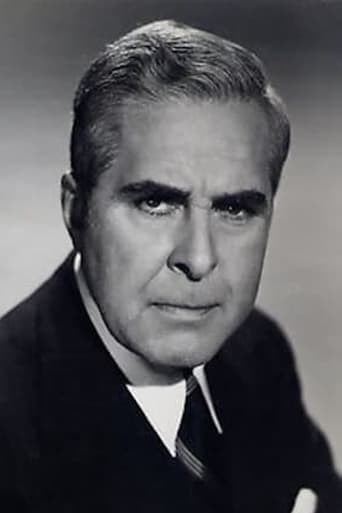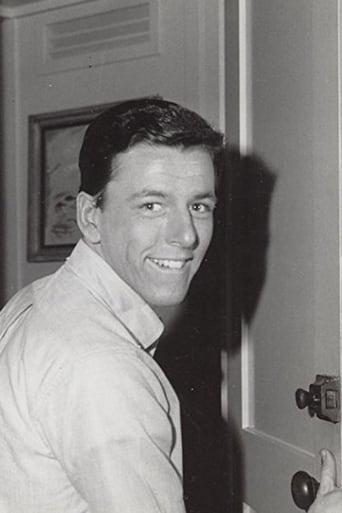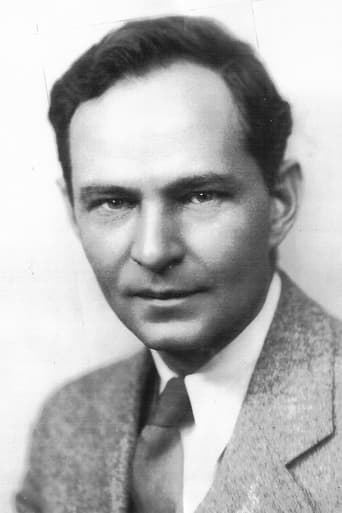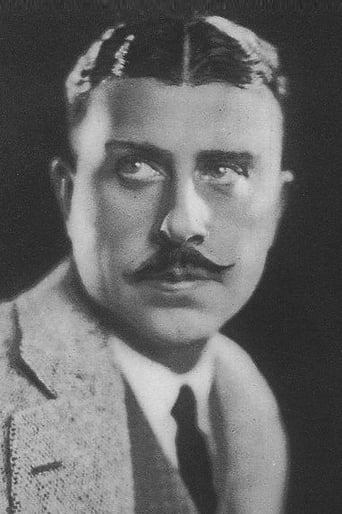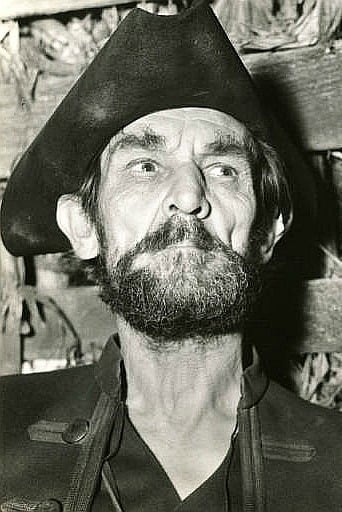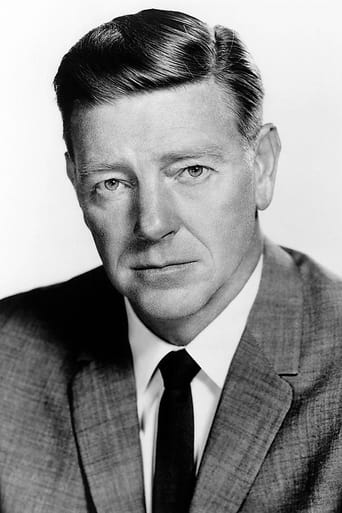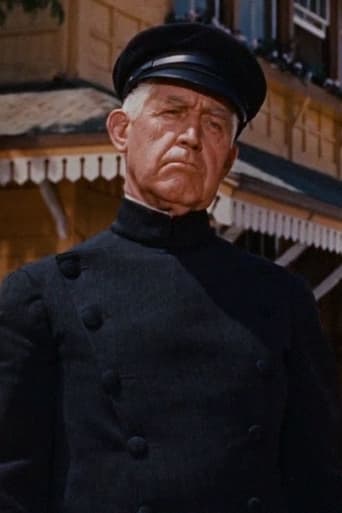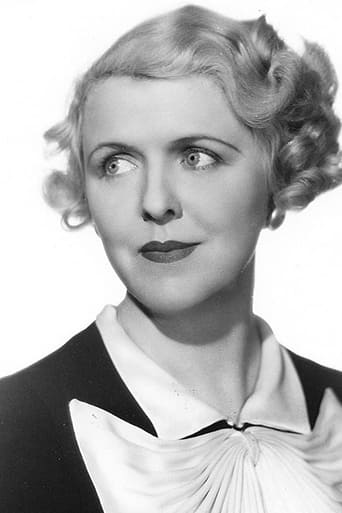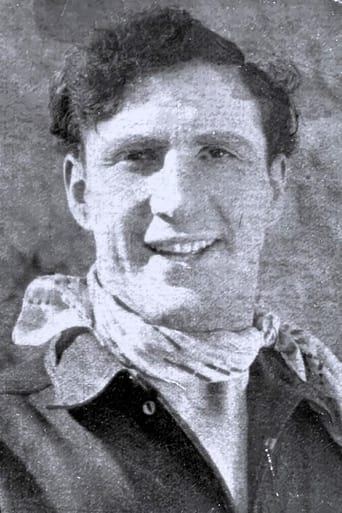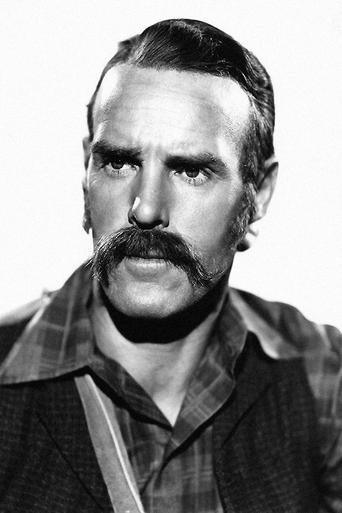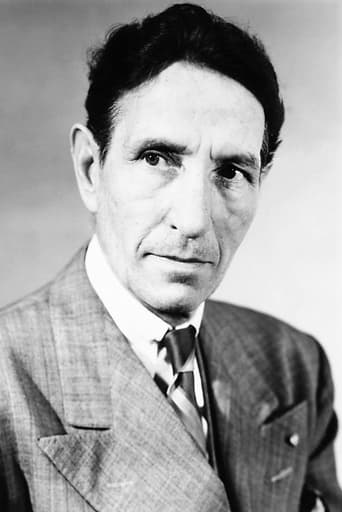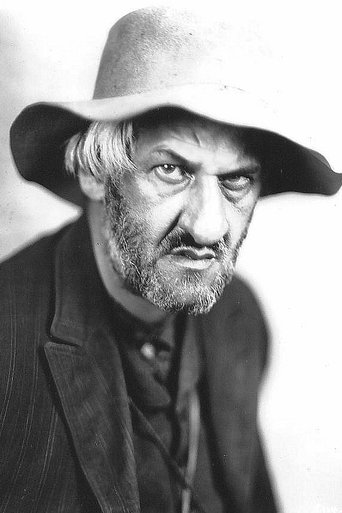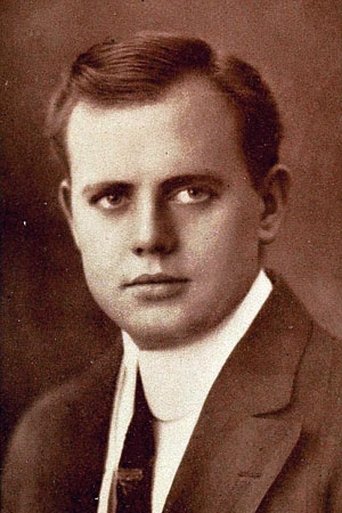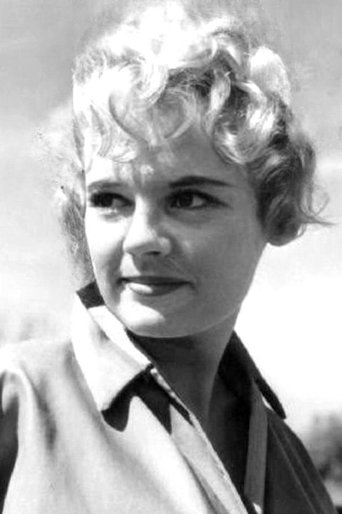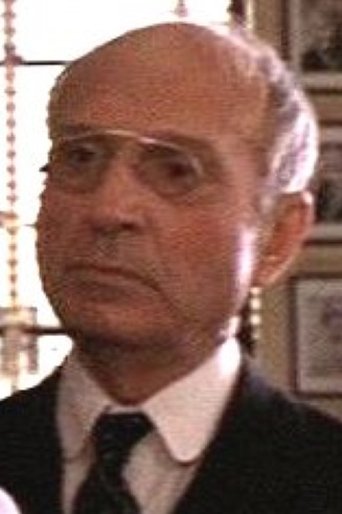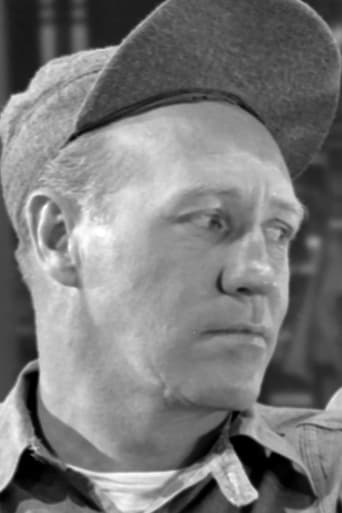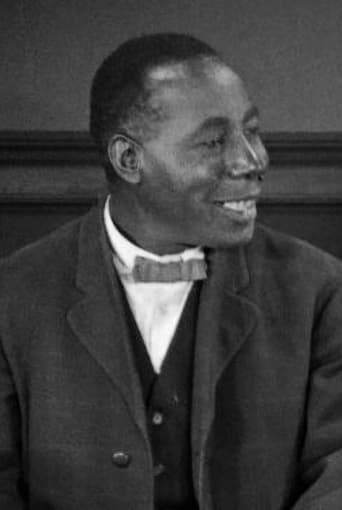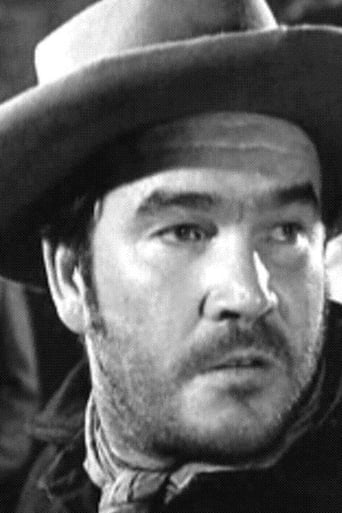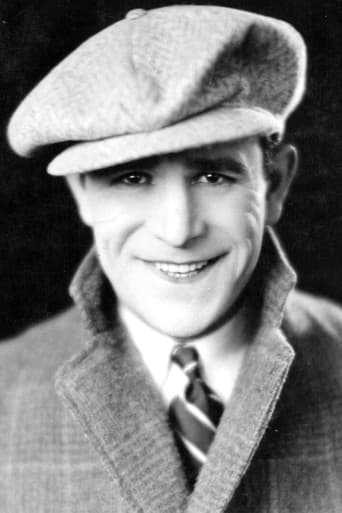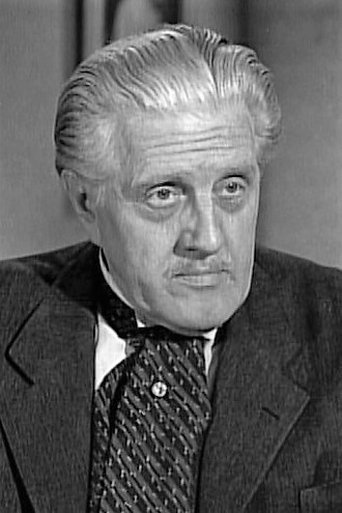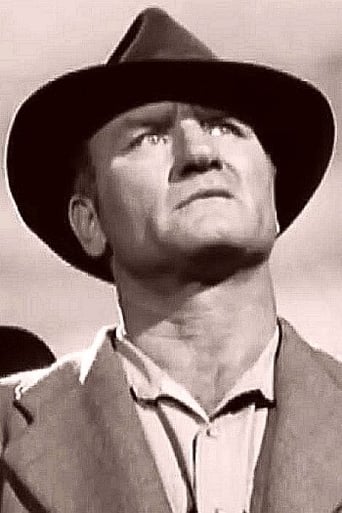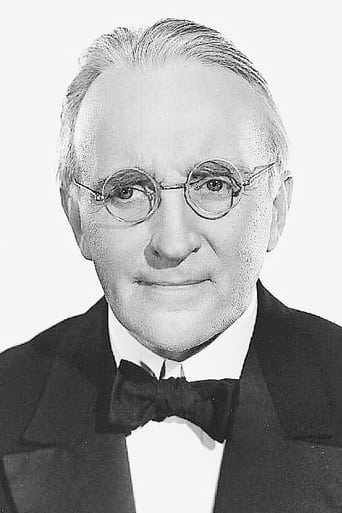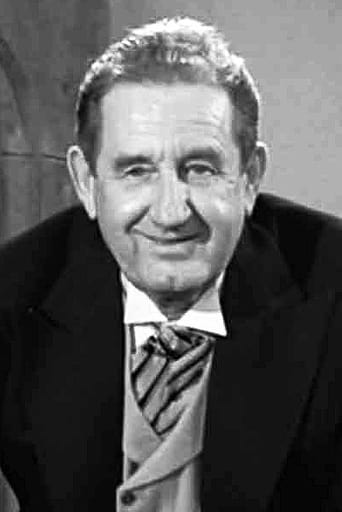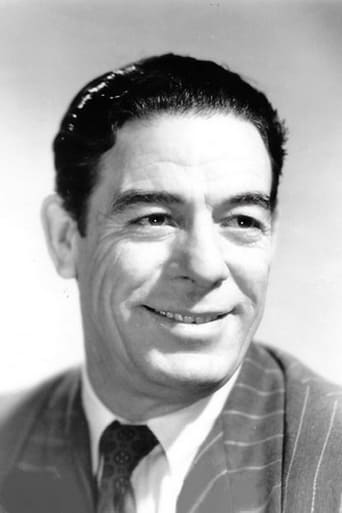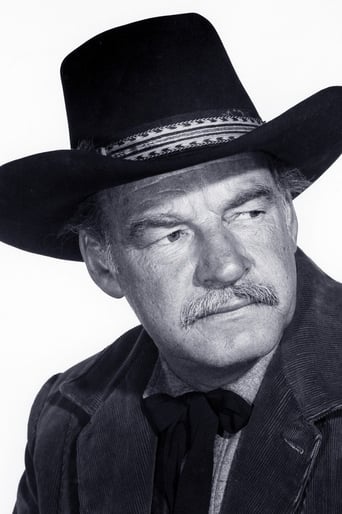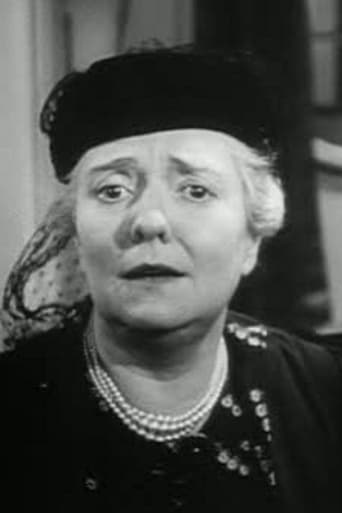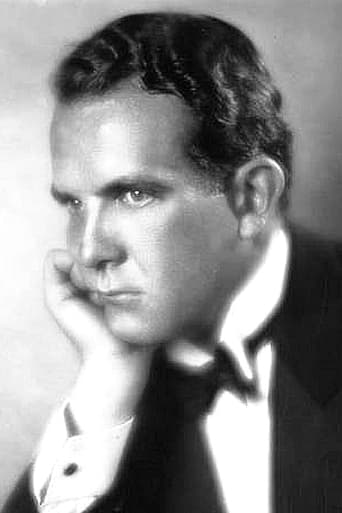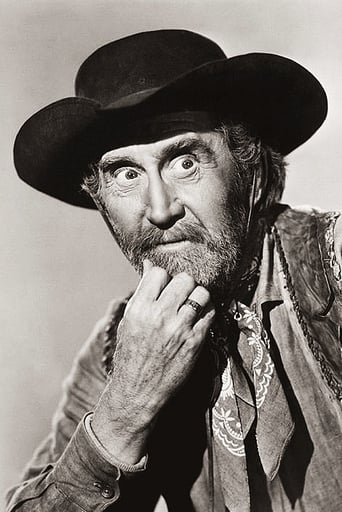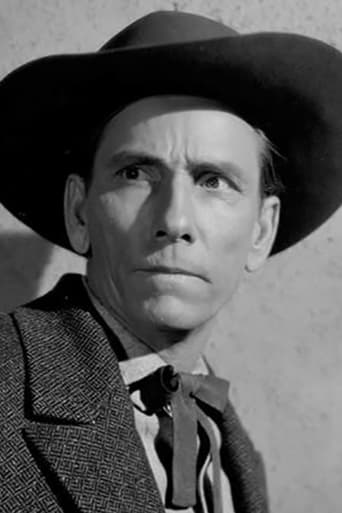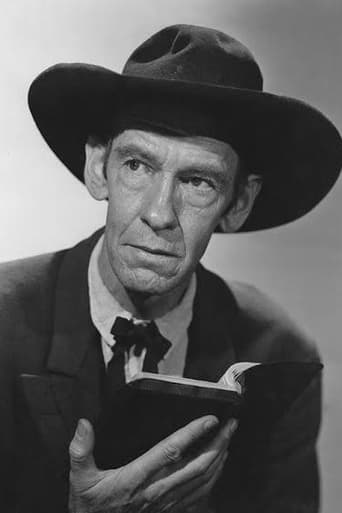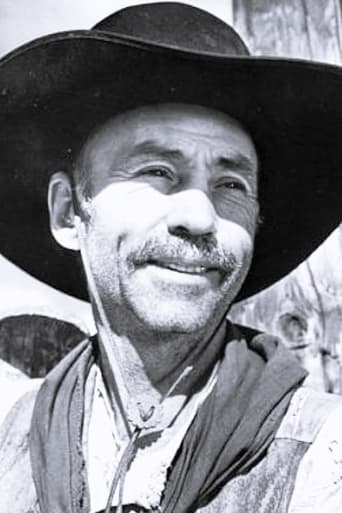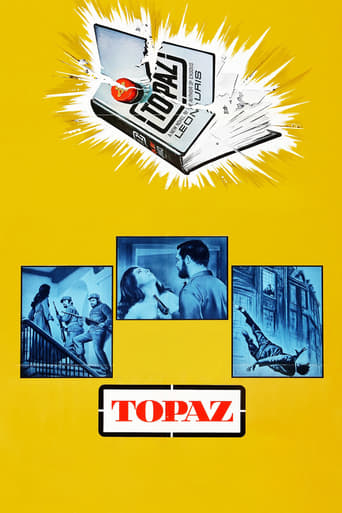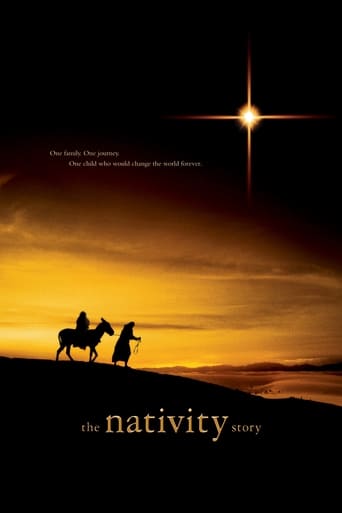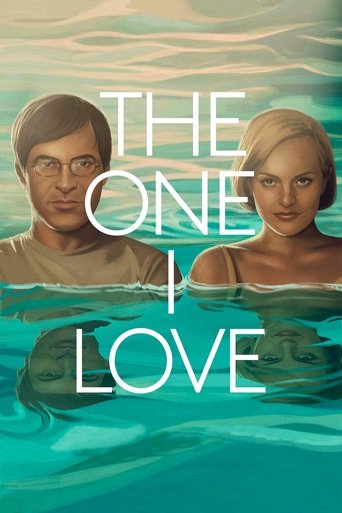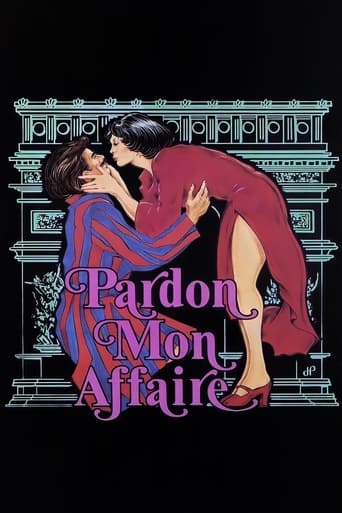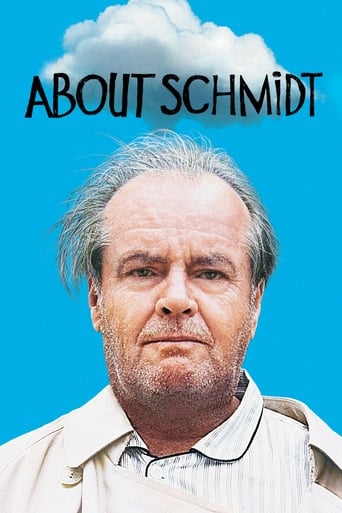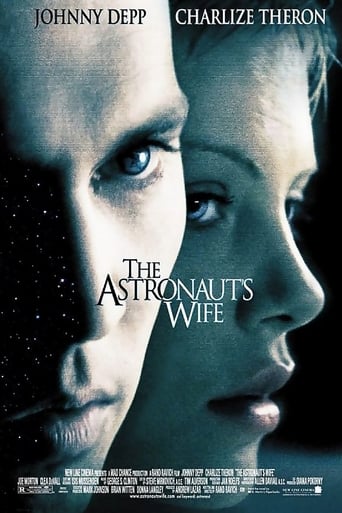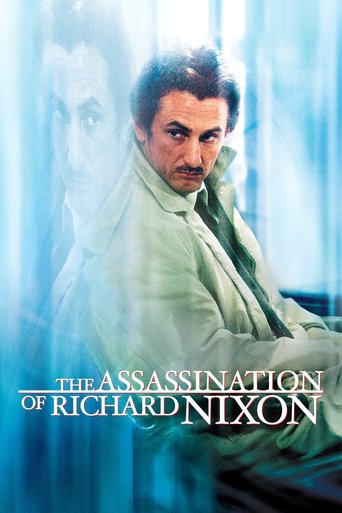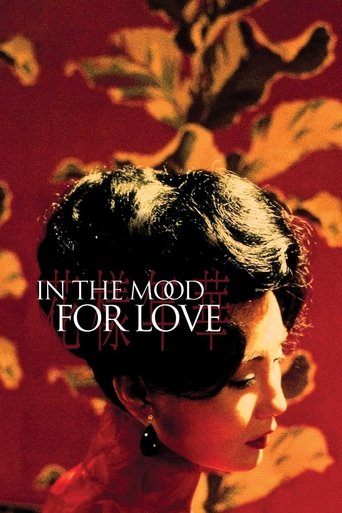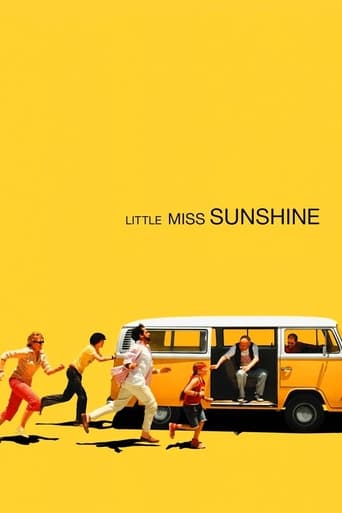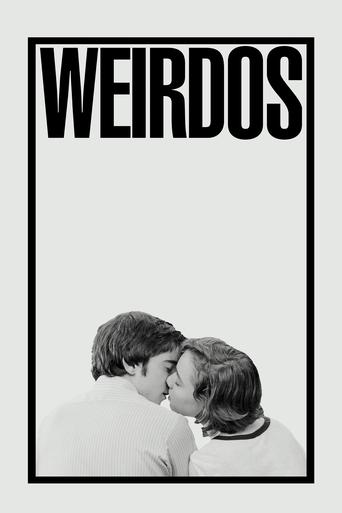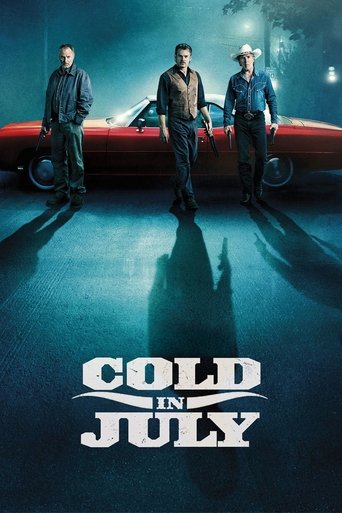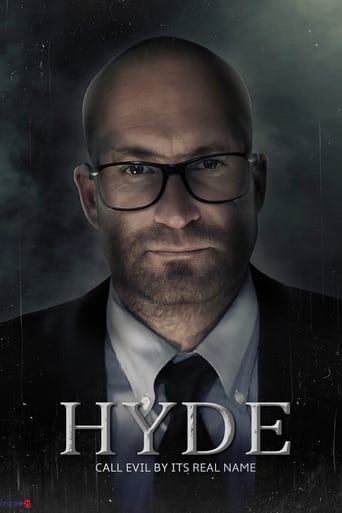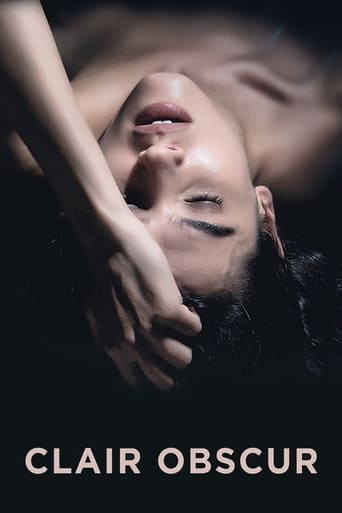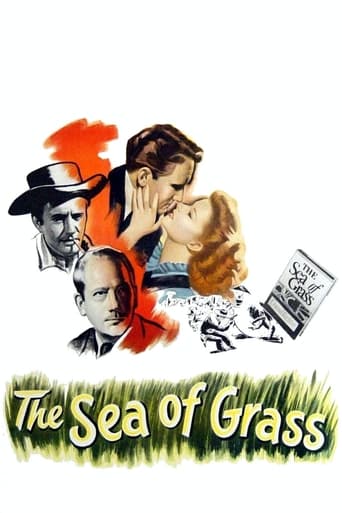
The Sea of Grass (1947)
On America's frontier, a St. Louis woman marries a New Mexico cattleman who is seen as a tyrant by the locals.
- Elia Kazan
- Carl Roup
- Richard Rosson
- Sid Sidman
- Conrad Richter
- Vincent Lawrence
- Marguerite Roberts
Rating: 6.2/10 by 26 users
Alternative Title:
Mar de hierba - ES
Mar verde - BR
Le maître de la prairie - FR
Il mare d'erba - IT
Terra de ambições - PT
Country:
United States of America
Language:
English
Italiano
Runtime: 02 hour 03 minutes
Budget: $2,349,000
Revenue: $4,689,000
Plot Keyword: husband wife relationship, cattle ranch, environmental conservation, cattle baron, abandoned by mother, grass valley, unhappy marriage, unfaithful wife, out of wedlock child, raised like own child, father son relationship, the song of nature, settlers
Why do women insist on loving men for what they want them to be instead of what they are? The Sea of Grass is directed by Elia Kazan and written by Conrad Richter, Marguerite Roberts and Vincent Lawrence. It stars Spencer Tracy, Katharine Hepburn, Robert Walker, Melvyn Douglas, Phyllis Thaxter, Edgar Buchanan and Harry Carey. Music is by Herbert Stothart and cinematography by Harry Stradling. We are on the America's frontier and St. Louis woman Lutie Cameron (Hepburn) marries New Mexico cattleman Col. James B. 'Jim' Brewton (Tracy). Brewton is seen as a tyrant by the locals and Lutie quickly comes to realise that nothing will stop her husband from driving his plans forward. For serious Western fans it straight off looks odd seeing the pairing of Tracy and Hepburn in this setting of farmer/rancher feuding, and the pic never quite breaks away from the initial reaction of things being off kilter. In spite of the undoubted quality of the lead actors, this just becomes a raging soap opera. It's never once convincing, the studio bound theatrics becoming an eyesore, and as the run time inexplicably crawls drearily to two hours in length, there's not even any action to perk up proceedings. This was a rare blip in the filmic career of Kazan, who gives us all a warning when we find that he disowned the film, even saying he was ashamed of it. That's pretty damning evidence that serves notice on why this should be avoided by anyone other than Kazan, Hepburn and Tracy completists. One tends to think that the plot trajectory of Lutie embarrassed him, for without doubt it's offensive to womanhood, the finale only confirming this in a whirl of smugness not becoming the stars and director. It's a nicely enough produced production, with Stradling's smooth photography sparkling due to HD screenings via TCM, but as the script struggles to enact vibrancy, so shall you struggle to stay awake. 4/10

